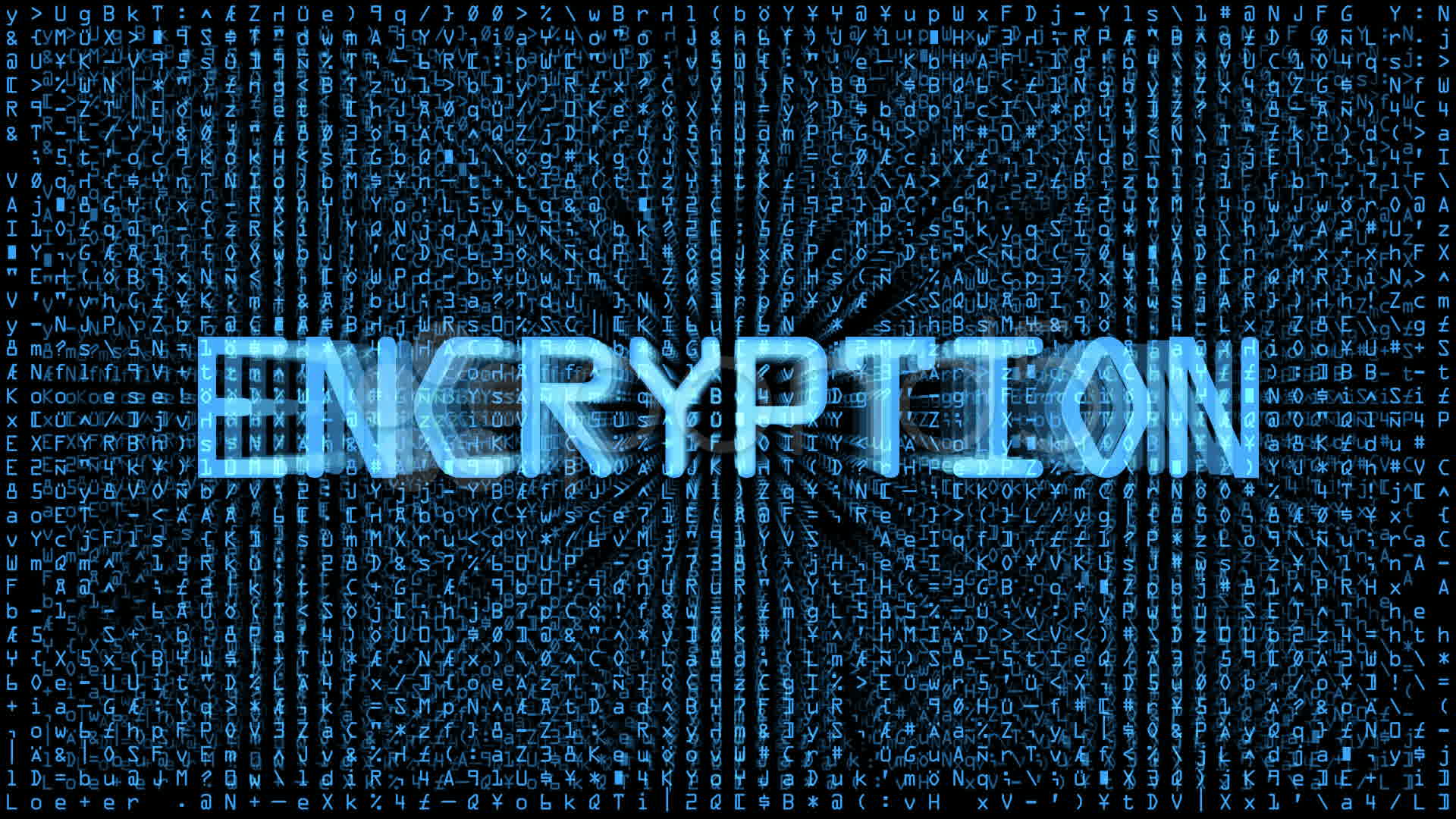
The US Third Circuit Court of Appeals upheld a lower courts ruling that a defendant could be required to provide the passphrase needed to decrypt private data on their own devices.
The case centers around a set of hard drives that had been attached to a Mac Book Pro computer and encrypted by the defendant. The drives were seized during a child pornography investigation and the defendant, known only as "John Doe" since the case is currently under seal, was ordered by the lower court to provide the password to decrypt the drives. Doe declined, citing that he did not remember what the password was and was subsequently jailed for his failure to comply with a court order. It had been held in legal circles for decades that defendants in criminal cases could not be compelled to provide a password as long as they had not written it down. The standard has to do with a defendants constitutional right against self-incrimination.
It is unfortunate that, at least in the United States, long held constitutional rights seem to be strongly under attack. With this strike against one of our most vital right, the right not to assist in our own prosecution, this case could set a dangerous precedent for a future where criminal defendants enjoy no constitutional protections and can be compelled in an increasing number of cases to assist in their own convictions.
FULL STORY:
https://www.theregister.co.uk/2017/03/20/appeals_court_contempt_passwords/